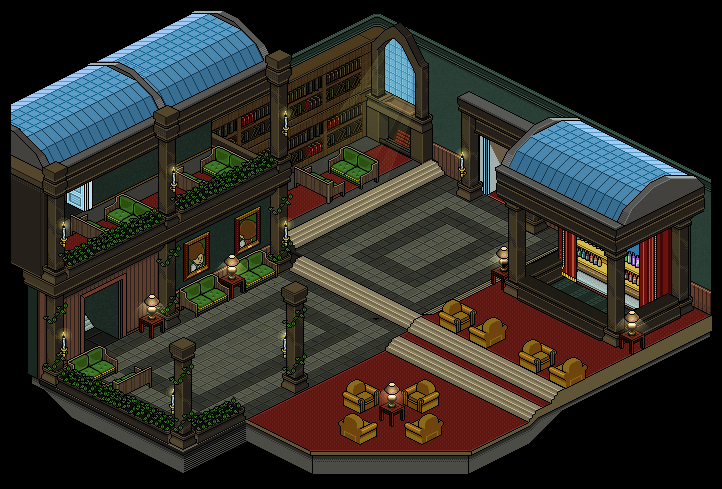

In February of 2013, salvation arrived in the form of a takeover from Elisa, a Finnish telecoms firm that had been an early investor. With an emergency PR and recovery plan in place, Sulake and Habbo Hotel put their heads down. The company's then CEO, Paul LaFontaine, responded very publicly and very openly, announcing a complete shutdown of all chat facilities on the network and the introduction of new security measures and monitoring programs. "People are angry because it has been the best part of 8-10 years that Habbo has been going on, and in a week Channel 4 News managed to tear that down and take away everyone's place - and divide it." Habbo user amber, who protested against the reports of abuse Many of the shops that were selling gift-cards for the in-game currencies refused to stock them any longer, cutting off a vital source of revenue. Despite returning to 75 per cent of their previous total by August, Sulake cut 60 jobs, around two-thirds of the global workforce. Revenues plummeted as concerned parents and users vacated the service. Even before the news investigation aired, the news spread fast, leading to key investor Balderton Capital dropping it's 13 per cent share, with fellow investor 3i following suit shortly after. Just one year earlier, the site had been awarded the 'Safer by Design' commendation from the Child Exploitation and Online Protection Centre. Reports from users flooded in to support the findings and, even worse, condemn Habbo's moderators and safety measures as ineffective, implicating them by negligence. There, they alleged that they'd been openly approached and asked to undress for webcams, having been repeatedly sent pornographic images and asked to disclose personal information. Reporters had been accessing the hotel for months, posing as young girls. Habbo had hit what was essentially a worst case scenario for any service aimed at children: accusations of grooming, sexual predation and the presence of paedophiles. What had begun as a virtual chat room for a Finnish band had become one of social gaming's biggest successes.īut when the game made the national news on British television, via Channel 4 in the summer of 2012, there was no celebrating from the company's marketing team.

Over the next 12 years, Habbo raked in awards, plaudits and significant investment, clocking up 10 million users and spreading to 31 different countries on five continents. First conceived of in the year 2000, Sulake's Habbo Hotel was one of the pioneers of online social networking, social gaming and microtransactions.


 0 kommentar(er)
0 kommentar(er)
